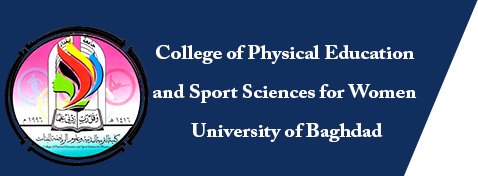Training courses
_
Training courses at the college are study programs aimed at providing female students with specialized educational opportunities outside the main academic curriculum., These courses include a variety of study subjects and practical skills that can be useful to achieve their personal and professional goals, the areas of the courses range from sports and science, arts, literature, technology, management, and many other areas, these courses usually depend on market needs and industry trends. Here are some key points about the training courses at the college:

Training courses
_

